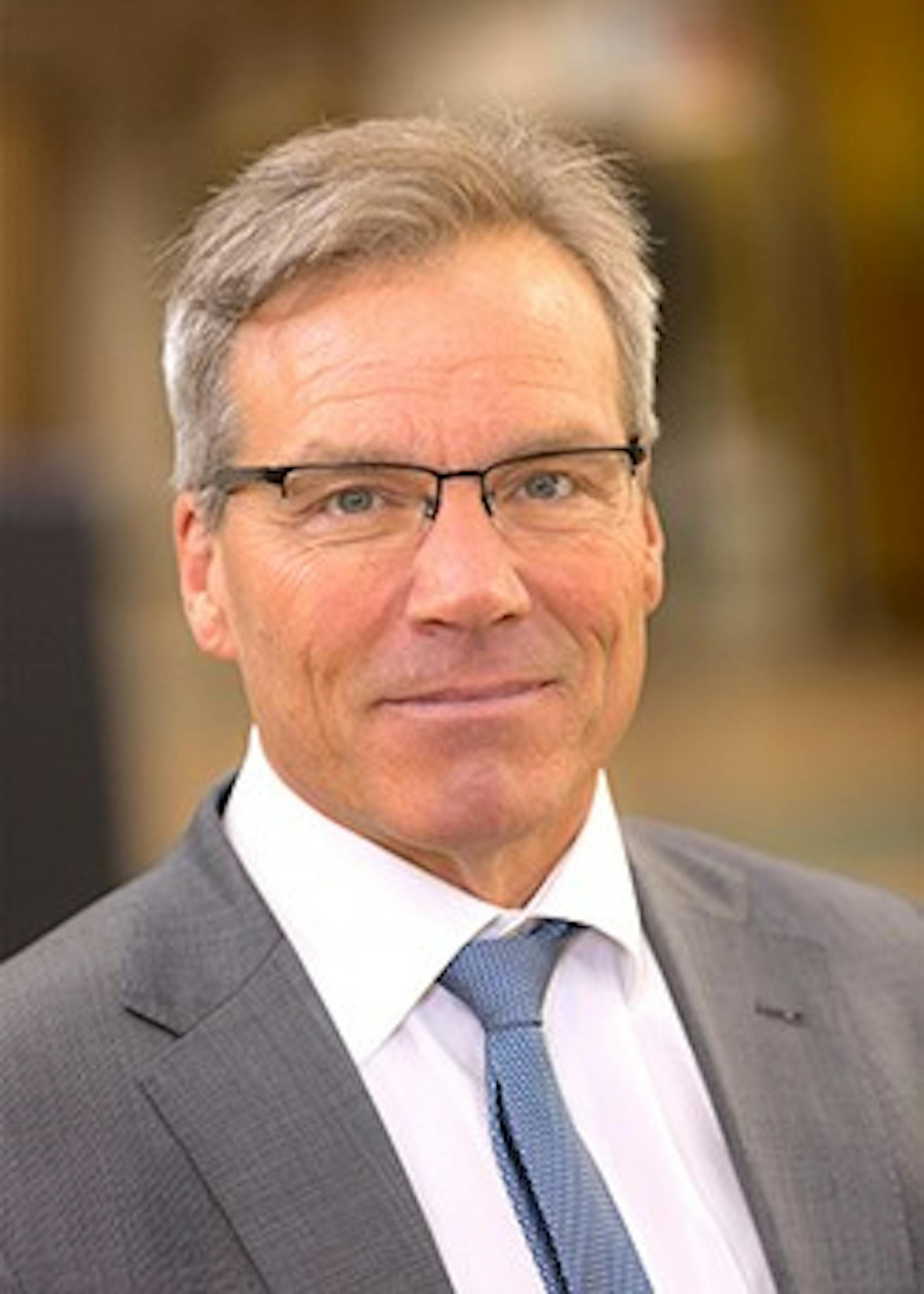Mitchel Davis has been selected as Dartmouth’s next vice president for information technology and chief information officer, the College announced last week. Davis, who has been the chief information officer and senior vice president at Bowdoin College since 2003, will begin his new position on July 1.
Davis was selected following a nationwide search conducted after the College’s previous chief information officer, Ellen Waite-Franzen, retired last June. A search committee of 16 faculty, staff and administrators chose Davis out of a pool of around 100 potential candidates, according to executive vice president Rick Mills. Davis will report to Mills and Provost Carolyn Dever.
“[Dartmouth] felt like a comfortable place, and it felt like somewhere where I could make a difference,” Davis said.
Since Waite-Franzen’s retirement, Joe Doucet, the Information Technology Services chief technology officer and deputy information officer, has served as interim vice president for ITS and will continue to do so until Davis arrives in July.
As chief information officer, Davis will oversee the ITS department, which has 160 employees. Mills said that the ITS department works in three distinct areas: supporting students’ and faculty members’ academic goals through classroom technology and research computing, supporting administrative systems, such as ones used for enrollment and accounting, and maintaining the College’s technological infrastructure.
In an email statement, Doucet wrote that Davis will likely have to start his new job by evaluating the current status of the ITS department and listening to various groups around campus regarding their technological needs.
“During the coming year, I plan to support ... Davis in any way possible to help implement his vision and related initiatives,” Doucet wrote. “The [ITS] team is excited to have someone with ... Davis’ energy and enthusiasm and cannot wait to begin.”
Davis said that he views higher-education IT departments like client-service organizations, in which students and faculty can be viewed as customers whose input is valuable in making key decisions. At Bowdoin, he created an undergraduate student advisory committee to advise the IT department, and he hopes to establish a similar committee at Dartmouth.
“The client perception of our services is actually more important than the type of technology we are deploying,” Davis said.
He added that considering the viewpoints of students, faculty and alumni is essential for an IT department to function effectively.
Mills said that Davis’ client-oriented philosophy was one of the things he liked most about him, noting that he stood out during the selection process for this reason. Mills added that Davis’ résumé, consisting of experience in both large and small universities and colleges, was another asset.
“It felt like he had the chops for [a large school] background, but he also understood the humanities, the arts and sciences,” Mills said.
Davis said that his interest in IT began when he was a kid growing up in Silicon Valley, as his father was the head of research and development for Hewlett-Packard at the time, and from a young age he was familiar with the field of technology services.
After completing his education, Davis said he originally wanted to be a tech writer but soon began doing IT consulting for various organizations.
Eventually, Davis began creating management software for law firms, at which point he attracted the attention of the University of Oregon School of Law. While working there, Davis said he helped change the structure of the school to focus on integrating technology and law. After this, Davis was hired by Stanford University and eventually became associate dean and chief information officer at Stanford Law School.
When he was offered a position at Bowdoin, Davis said he had other offers at the time, including one from Apple, but he saw Bowdoin as an opportunity to experiment with incorporating high-performance computing into a liberal arts college. Davis said he chose to come to Dartmouth because he felt that the College has a greater focus on entrepreneurship, and that IT can be a catalyst for these efforts.
Davis will arrive at Dartmouth at a time during which cybersecurity has become an increasing threat for institutions worldwide. Last week, a major ransomware attack struck thousands of computers around the world, affecting organizations such as the United Kingdom’s National Health Service.
Davis said that the challenge for IT specialists is creating networks that are open and accessible but also secure from cyberattacks.
Mills noted that Dartmouth has tried to stay ahead of cybersecurity and has avoided major incidents thus far. He said that the work of chief information security officer Steve Nyman, a former FBI agent and naval officer, has kept Dartmouth safe from these attacks.
“One of the strengths we’ve had at Dartmouth is [that] we got on the cybersecurity bandwagon earlier than some of our peers,” Mills said.




